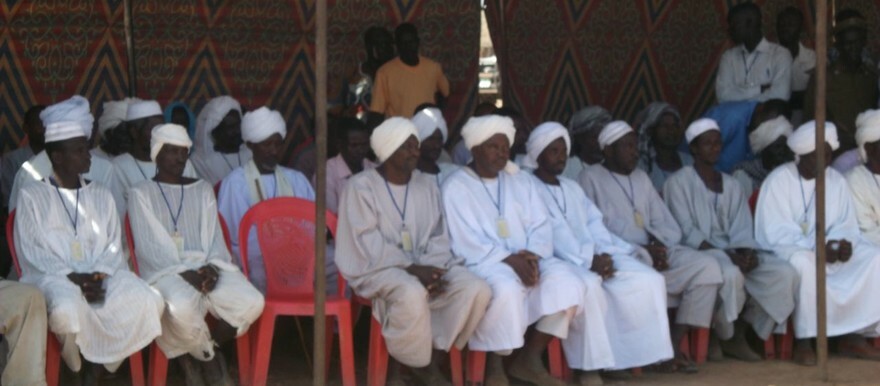The Rizeigat Arab tribe from Sudan’s West Darfur has begun its seasonal migration of cattle into South Sudan’s Northern Bahr al Ghazal State.
The herders are expected to stay with their herds for up to five or six months in the northern border state of South Sudan, after which they will take them back to their homeland in West Darfur.
Dinka Malual, the natives of Northern Bahr el Ghazal, are yet to sign an agreement with the Arab pastoralists. Leaders of both sides meet annually in order to set herding routes, discuss blood compensation in the event of any killings, and set up mechanisms for dealing with disputes.
Victorino Ken Akoon, the Commissioner of Aweil North County, confirmed to Radio Tamazuj on Tuesday that the Rizeigat pastoralists have begun migrating into the area. He, however, said the government had instructed the herders to station on the north bank of Kiir Adem River until an agreement is reached between the Dinka Malual and the Rizeigat tribes.
Kiir Adem River lies in a border area between Sudan and South Sudan.
“Some few weeks ago they crossed the Kiir Adem River up to the southern bank, but we told them to wait in the northern part until some preliminary agreements are made,” Ken said.
“My message is that peace is important and we don’t want to revenge if something happens. If these people (Rizeigat) come, the partner organizations and the government must engage them to embark on peace, we need peace,” he added.
Apath Deng Apath, Chairperson of Northern Bahr al Ghazal Conflict Resolution Commission, said the cattle pre-migration conference was delayed because some partners failed to support the activity.
“Pre-migration peace conferences between Dinka Malual, Rizeigat and Misseriya were supposed to commence by December. We had prepared our plan as the commission, but the partners did not release the finds,” he concluded.




